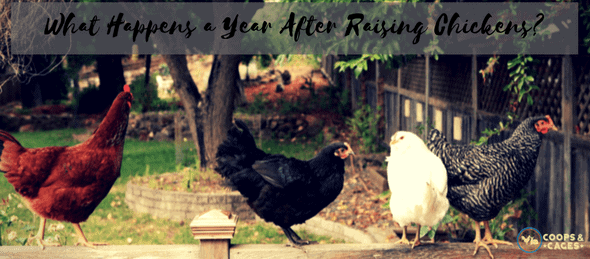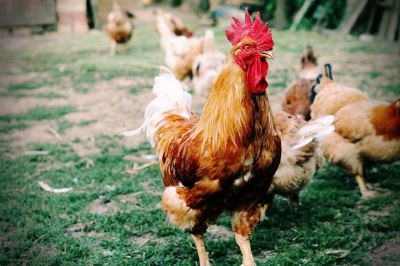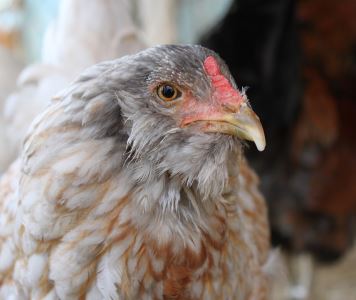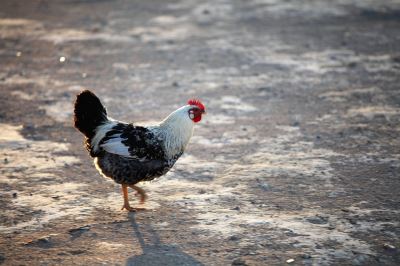Chickens
What Happens a Year After Raising Chickens?
As the old adage goes, “Change is the only constant thing in life.” While that is undoubtedly true for us humans, the same goes with chickens, too.
During the first stage of raising chickens, things may seem rough, as constant monitoring and intensive care will be required. Nevertheless, you know that in about 5 weeks time, everything will turn out normal. And by the time they transition to a life lived inside and outside the chicken coop, you can somehow breathe and break free from other crucial responsibilities involved in raising chicks.
But does that mean you leave them that way? No. There are still things you have to be aware of. Some of them are listed below.
Broodiness
There will come a time when your birds, particularly the hens, will insist on sitting on their eggs to hatch them. Although it isn’t much of a problem, be aware that some situations will call for your assistance, making you not want to appreciate broodiness.
For instance, you try to gather the eggs from underneath your hens, but she ends up pecking you. Or she just sits on her nest all day to hatch the eggs. As a result, she seldom eats and drinks, pretty much weaken her entire body. You don’t want that to happen, right?
To resolve this issue, it is best that you collect the eggs every day. Hens want to go broody if they see a nest full of eggs.
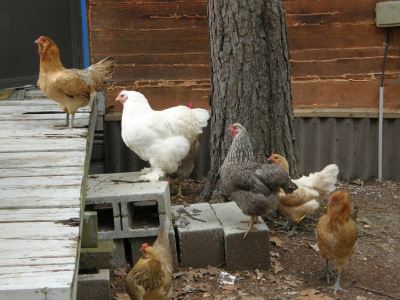
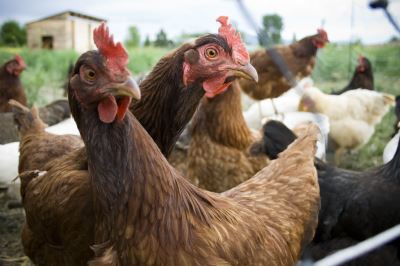
Molting
Once in a while, chooks go through a process called “molting”, where they shed and re-grow their feathers. At that time, they won’t look very neat and they won’t even lay eggs. Not to worry though; it’s not a sign of an underlying problem.
The “molting” stage may appear strange, but it’s natural for birds to pass through that. Yet if you think the feathers are no longer growing, you might want to consult the vet.
Picking
If your hen is bare-skinned the whole year, that is already alarming. It could be caused by some other chooks “picking” at her. While some experts suggest de-beak the flock or trimming the pointed end of the beak to prevent them from hurting each other, it is recommended to know the underlying issue. If chickens are happy, they won’t pick one another.
Check if they have enough space to move around. Make sure they are well fed and their water bottles don’t run out of supply. Take them to the vet and have them examined for parasites, worms, or lice. If you leave them picking at each other, the situation could get worse and may result in untimely demises.
Introduction to a New Flock
Of course, adding a new bird to a flock can be very stressful for you and the chicken. Considering that everybody in the pre-existing flock already knows where to position himself or herself, every newcomer might cause a commotion. In order to know who takes the top spot in the pecking order, every hen and rooster must once again compete. Thankfully, it will only last for a week.
To ensure everything goes fine upon introduction, there are two things you need to take into account. First, you have to quarantine the new bird for several weeks to ensure he or she does not carry communicable diseases that the rest of the flock could possibly catch. And second, make sure he or she is old enough to defend himself or herself against bigger birds.
Egg Production in Winter
In winter, daylight hours are shorter, hence greatly affecting egg production. Even so, you can keep your hens laying more eggs. How? Provide them with artificial light in a dark morning and early evening.
However, if you wish to boost egg production all year-round, grab a copy of the eBook below. It should give you useful insights on how to help your hens lay fresh and organic eggs.
Surviving the Cold
Hens or roosters need extra care to get through those cold days. Whilst their population still thrives in the cold, their bodies can’t tolerate drafts. That is why it is important that you protect them by ensuring their chicken coops are enclosed with plastic sheeting.
Life Span
So how long do your birds live? According to studies, a typical hen can live up to 8 to 10 years. But there are some backyard chicken farmers who claim that their chooks reached 20 years. Whether or not the claims are true, of course, you must know that as the chickens get older, the fewer the eggs they lay.
Raising chickens can be very exciting and fun. In fact, it can be very rewarding, especially if done right, not to mention the fresh and organic eggs you harvest every morning. So get your thoughts organized and know what to expect in the next few years. We’re quite certain that by doing that, you won’t have much of a problem soon.
Image Sources: [1] [2] [3] [4] [5] [6] [7]



